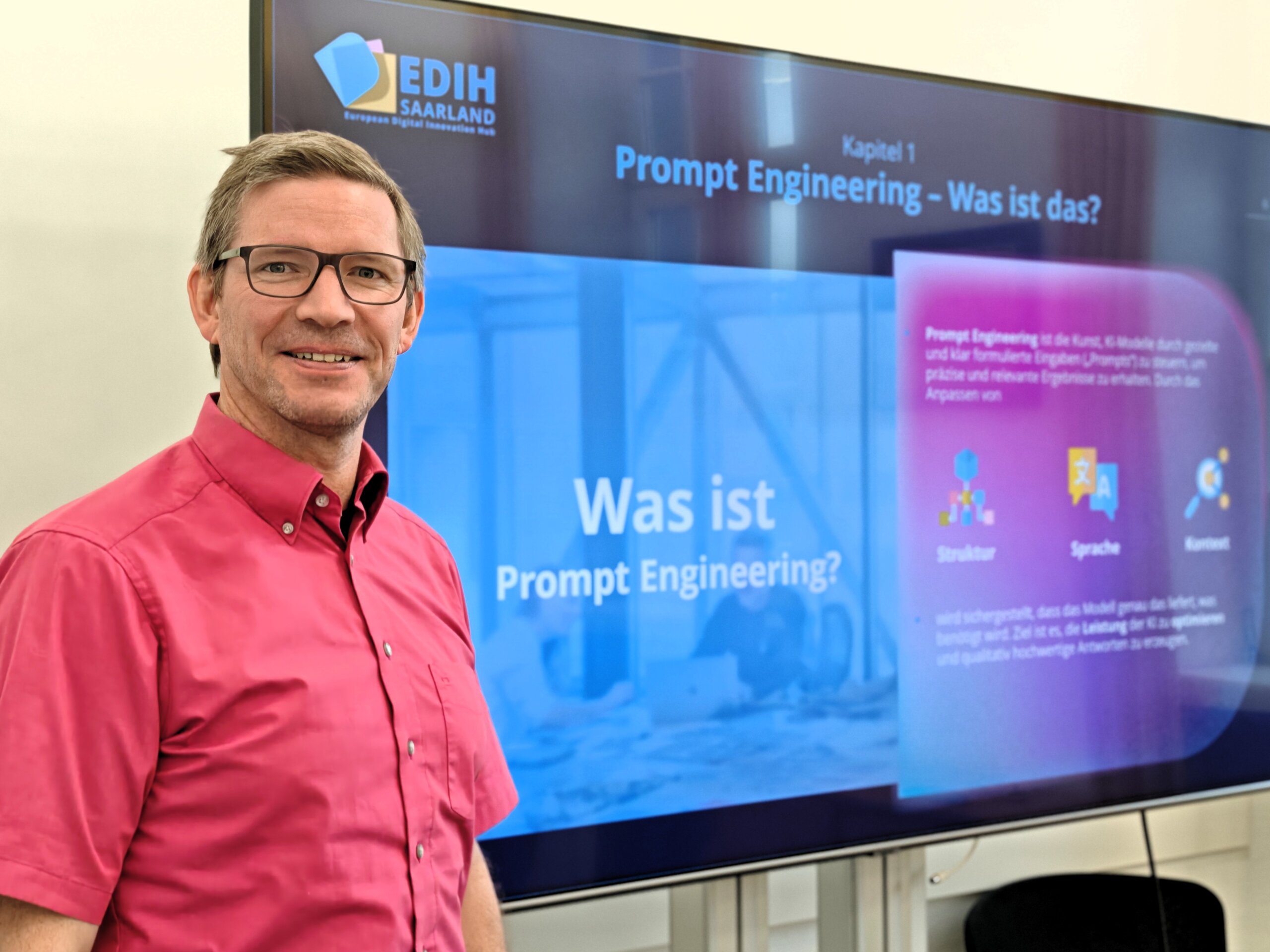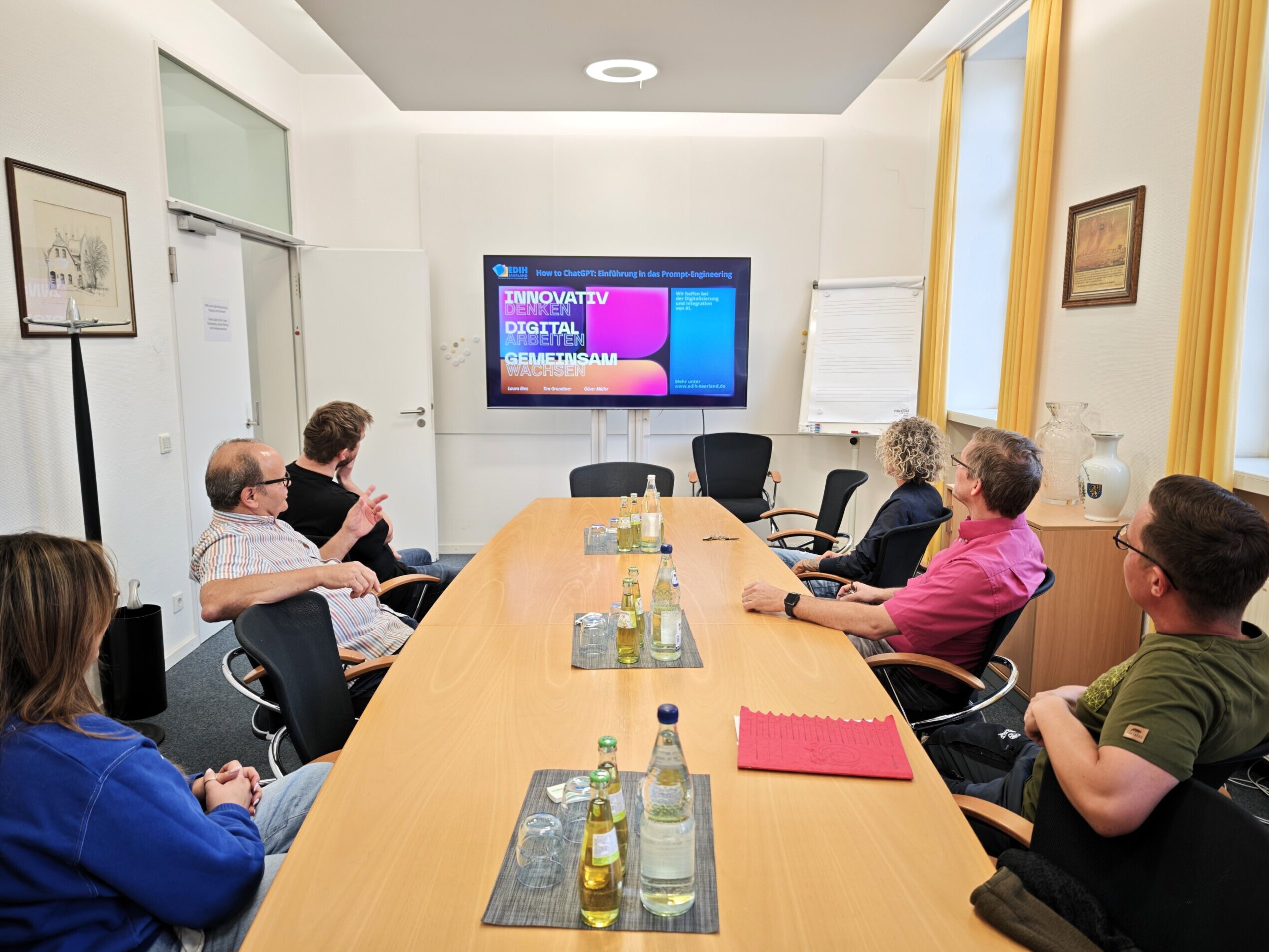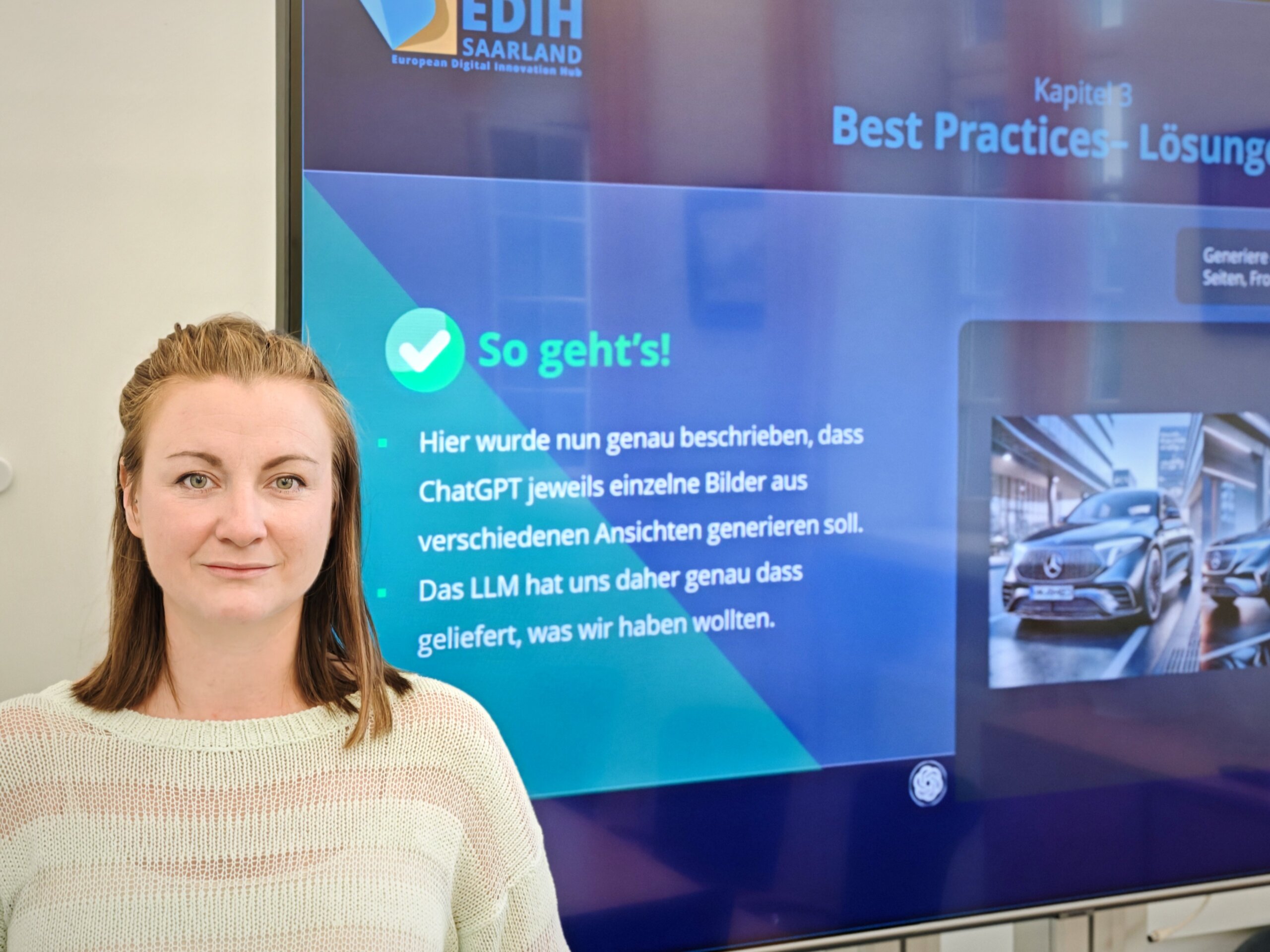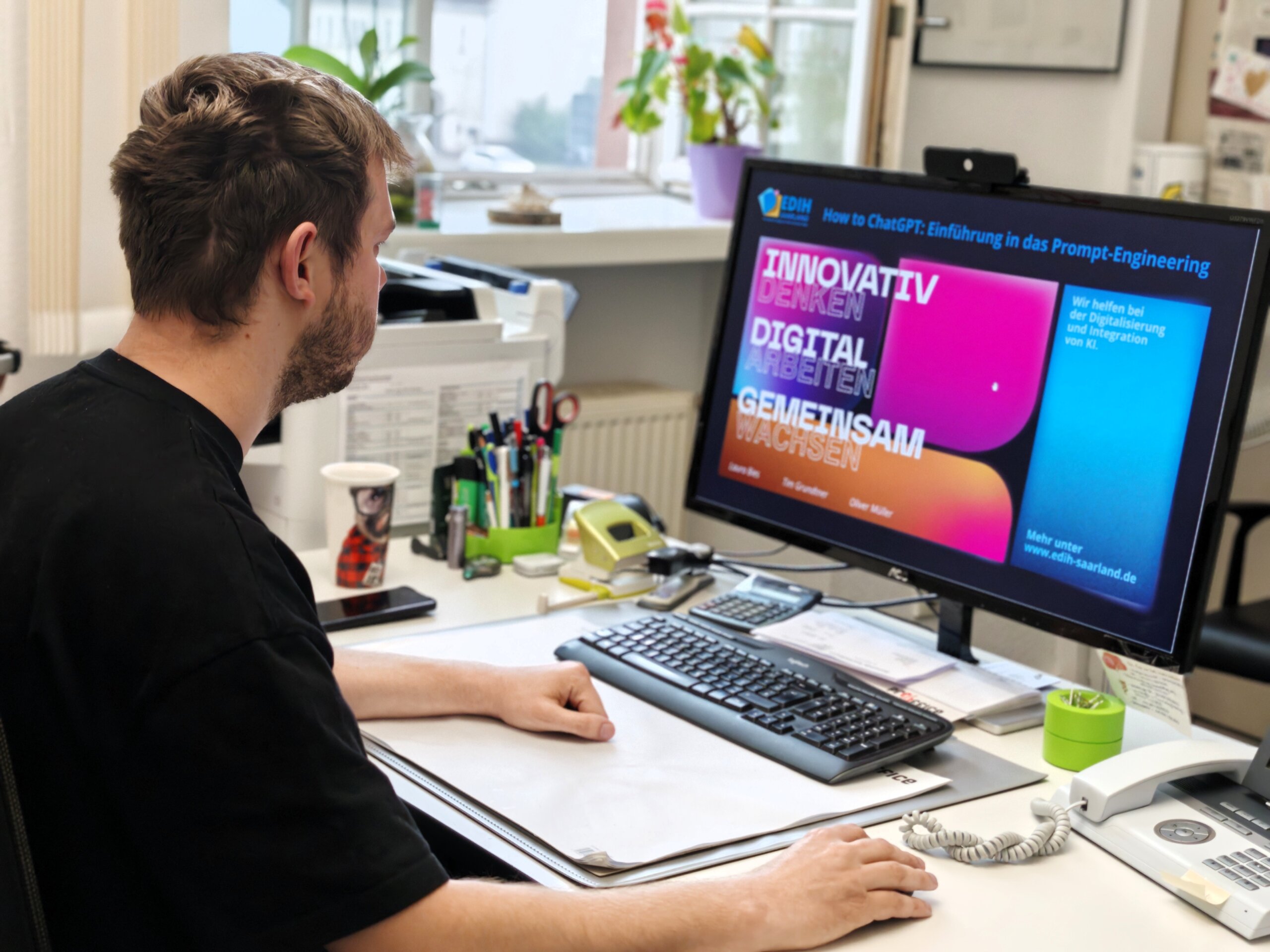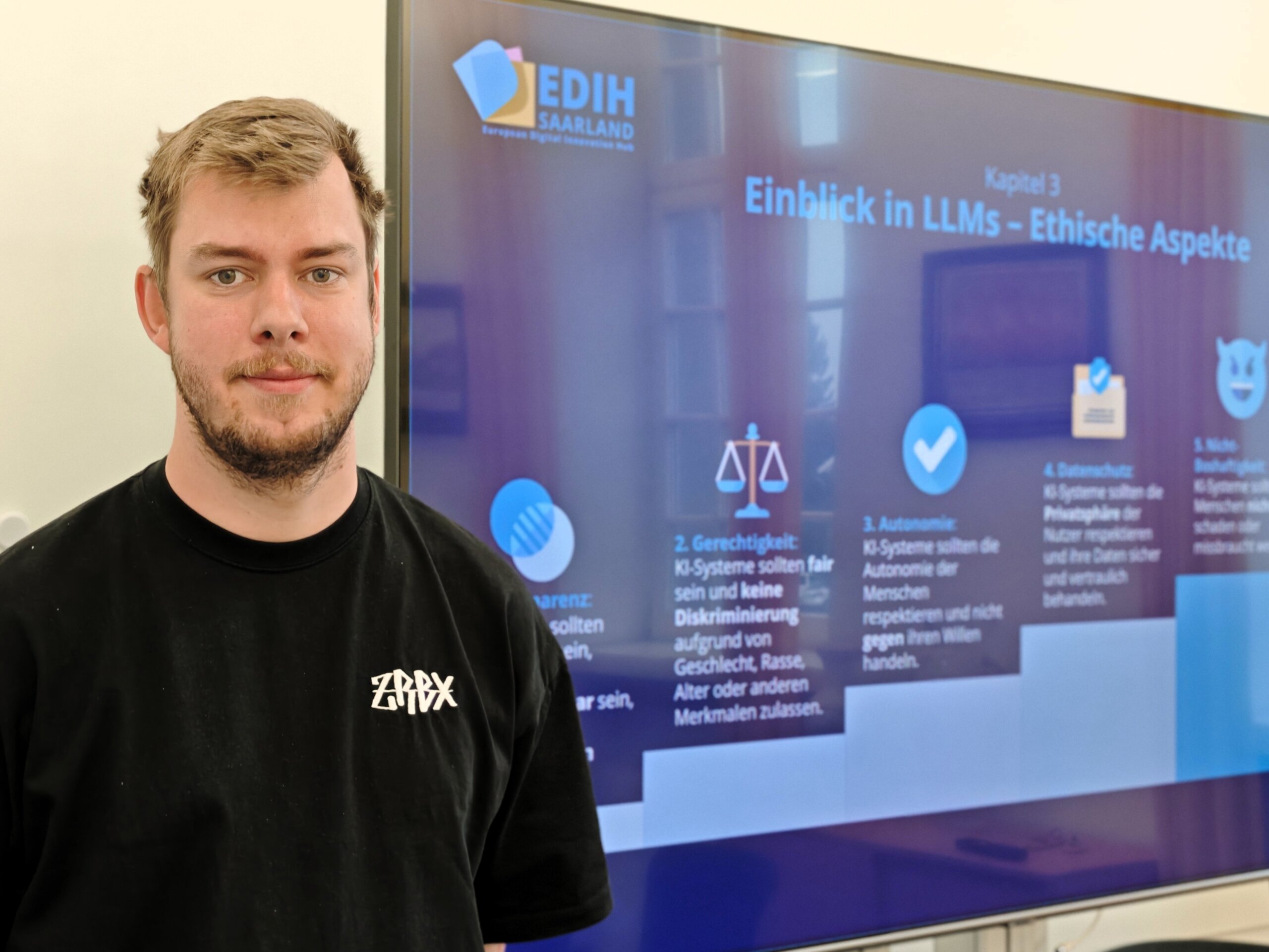
©Gem. Saarwellingen
Saarwellingen as a model for community AI integration
CHALLENGE #1
Knowledge gaps and overload: Older staff are often unable to cope with the rapid development of AI.
CHALLENGE #2
Demographic change: Too few young technicians are faced with an ageing workforce.
CHALLENGE #3
Practical implementation barriers: Even with training, there is a lack of technology, clear use cases and GDPR compliant solutions.
About the project
Challenges
Technology meets demography
In times of rapid technological upheaval, public administrations face a double challenge. On the one hand, the explosive growth of generative artificial intelligence creates an intimidating landscape. This is not only a perception, but a reality as evidenced by data. A recent study by the Scientific Institute for Infrastructure and Communication Services (WIK) clearly shows that currently only 8% German municipalities use generative AI – withheld by a critical deficit in data and AI-literacy. This nationwide trend represented a direct and urgent challenge for future-oriented municipalities such as Saarwellingen.
This technological pressure is amplified by significant demographic change: an ageing workforce. For the municipality, this meant a growing digital skills gap between long-standing staff, who were often overwhelmed by the rapid changes, and a smaller pool of young people to fill this gap. Against this background, the municipality recognised a crucial opportunity. Participating in EDIH Saarland’s AI training programmes was the ideal solution to build sustainable expertise in Large Language Models and other key AI tools. The aim was to learn how to seamlessly integrate this new technology into existing workflows, ultimately improving citizen services and making the public administration future-proof.
Solutions
A strategic, practical approach to AI empowerment
To address these challenges, two strategic objectives have been defined. The main objective was to build a comprehensive understanding of generative AI (GenAI), covering both theoretical principles and practical application. This included an in-depth examination of Large Language Models (LLMs), their underlying functioning, and their respective strengths and weaknesses. The second core objective was to equip participants with practical skills in a variety of leading AI tools, including ChatGPT, Claude and Gemini.
Transposition: A tailor-made four-part workshop series
Given that participants’ existing AI skills varied but were generally limited, a structured, four-part workshop series over a period of five months proved to be the most effective solution. This approach ensured a coherent learning trip from the foundations to practical implementation.

©Gem. Saarwellingen
DESCRIPTION OF COMPANY
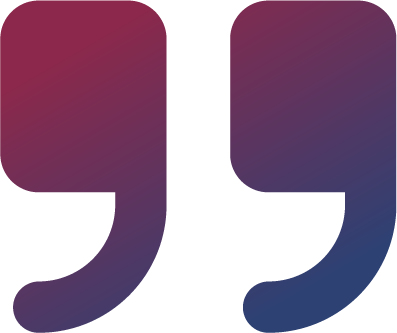
Supporting EDIH in the form of training in relevant AI tools has shown us ways to make working processes more efficient and transparent. The findings now feed into best practice templates and enable trained staff to use new technologies safely and to improve the performance and service quality of a public administration.
Dr Horst Brünnet
Mayor of Saarwellingen Municipality
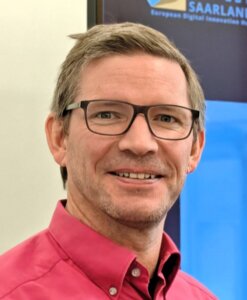
Approach
Workshop 1: Principles of Prompt Engineering
This first meeting provided the theoretical foundation. Participants learned the main mechanisms of LLMs, their main use cases and the important art of effective prompt engineering. Crucially, the training also addressed the inherent boundaries of LLMs, such as ‘Halluzinations’ and data protection concerns, providing a balanced perspective from the outset. Practical exercises focused on core tasks such as data analytics, research, summary and content creation.
Workshop 2: Mastering the OpenAI ecosystem
The second workshop provided an in-depth insight into the enhanced functionalities of the OpenAI models. This included practical demonstrations of image and video generation (Sora), memorial function, temporary chats, Custom Instructions and the development and use of CustomGPTs in the GPTStore.
Workshop 3: Explore the advanced AI toolkit
To provide a broad and diverse range of skills, the third session introduced a curated selection of alternative AI tools. Participants gathered practical experiences with platforms such as Claude, DeepSeek, Suno, Gamma and ElevenLabs and applied them directly to practical tasks.
Workshop 4: Prototyping real use cases
The final workshop brought together the lessons learned from the previous meetings. After a brief repetition of the core concepts, the focus entirely shifted to the specific needs of the municipality, which had already been identified in the series. In a collaborative, hands-on session, the team successfully developed prototypes for three effective use cases:
- Creation of high-profile content: Generating attractive images and videos for materials such as public flyers.
- Automation of municipal announcements: Rationalise the production of recurrent official forms and messages to citizens by using Claude’s PDF filling functionalities.
- Efficient speech: Develop a customised Custom GPT to support public speech writing.
Throughout the series, interactive Q & A sessions, final quiz and the provision of all presentation materials provided a sustainable and well-established learning experience.
Result of the project
Paving the way for future-proof administration
The project has already achieved significant social and operational benefits. The municipality of Saarwellingen has quickly established itself as a pioneer in the application of generative AI among Saarland municipalities.
This success is demonstrated by a profound internal transformation and tangible first successes:
From uncertainty to expertise: Participants have successfully moved from limited experience to comprehensive, practical skills in a number of AI tools, including ChatGPT, Claude and Gemini. This newly gained AI skills has strengthened staff, prepared them for the needs of a digitalised future and promoted an innovation culture.
Immediate efficiency gains: Even before the official rollout, the administration already integrates these tools into daily internal workflows, leading to tangible improvements in efficiency. An illustrative example comes directly from the Mayor, who reported that he is now using Gemini and NotebookLM to write high-quality speeches for public events in less than 30 minutes, a task that took one to two hours previously.
Strategic advantage: By resolutely exploring and exploiting the potential of AI, the municipality of Saarwellingen is now in a unique position to optimise internal processes and improve citizen services. This proactive engagement ensures that the administration is not only responsive to change, but actively shapes its own modern and efficient future.
The full and official integration of these AI tools across the administration is planned for the period following the formal adoption of a corresponding service instruction for all staff, in order to ensure a responsible and consistent approach to AI use. With this commitment, Saarwellingen consolidates its position as a forward-looking municipality that actively seize the opportunities of digitalisation to significantly improve its performance and service quality.
Measurable data
The main results of the cooperation project with Saarwellingen were:
- Building stronger data and AI skills among 20-30 participants in the municipality, including the mayor who drives the project
- Four hands-on workshops were carried out successfully
- Training in theoretical and practical knowledge of prompt engineering techniques
- Qualification to use more than 10 different AI tools through practical exercises
- Prototypic solution of at least 3-4 real use cases in the municipality of Saarwellingen in the field of AI automation in cooperation with the participants in the last workshop
- Two to four times greater efficiency in the use of public speeches

